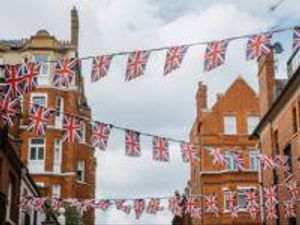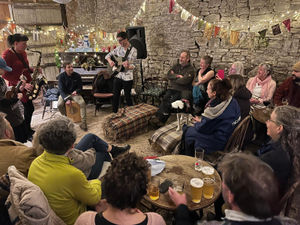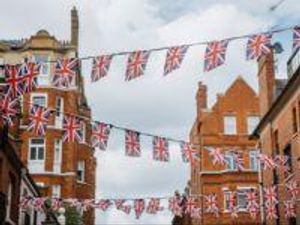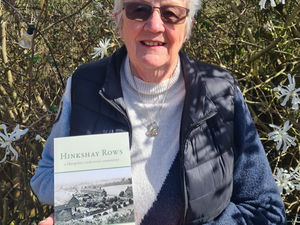Maggie's victory sent Labour into the wilderness
There is that often-repeated story about Labour's 1983 general election manifesto being described by Gerald Kaufman as "the longest suicide note in history."
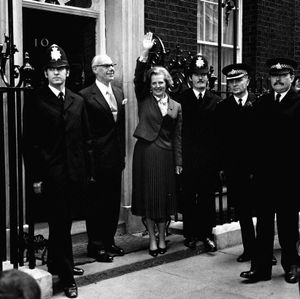
But Labour and the unions had already committed suicide four years earlier in a manner which was a watershed in British history.
May 3, 1979, was the day the old ways died. The election of Margaret Thatcher, Britain's first woman Prime Minister, tore up a political consensus which had held sway for decades and heralded an era during which she bashed the unions and embarked on monetarist policies for which North Shropshire MP John Biffen was one of her chief architects.
Her election victory came on the back of the so-called Winter of Discontent, which had seen widespread industrial strife in Britain.
As the troubles mounted, Labour Prime Minister Jim Callaghan arrived back from an economic conference in Guadeloupe to declare "Crisis? What Crisis?" - or so a famous headline in the Sun alleged.
It was untrue. Callaghan had not said that, but the quote has passed into folklore as it captured a popular mood of a government which was unprepared and complacent.
His attempts to keep public sector pay claims under five per cent had collapsed and by the end of January 1979 there was industrial action involving a wide range of workers, including water workers, ambulance drivers, sewerage staff and dustmen.
It was a perfect storm of misery for ordinary members of the public.
For instance, rubbish piled up. At the Royal Shrewsbury Hospital corridors became dirty and rubbish accumulated outside because of an ancillary workers dispute.
And another thing that everybody thinks they remember about the Winter of Discontent is that the dead went unburied, although it was actually a localised affair in Liverpool and Tameside, Manchester, caused by a strike by gravediggers.
Less well remembered is the issue which eventually caused the fall of Callaghan's Labour administration. It was, surprise, surprise, Scottish devolution, with the Scottish National Party playing a major part in Labour's downfall and putting Mrs Thatcher in office.
Labour had come to power in 1974 with a tiny overall majority which over the course of the Parliament disappeared through by-election defeats, leaving an embattled Callaghan having to seek the support of minor parties to continue to govern.
After losing the support of the Liberals, by 1979 he was having to rely on the small band of MPs from the SNP to prop up the government.
There was a referendum in Scotland on March 1, 1979, in which the Scots voted “yes” to a devolved Scottish assembly. However, it would not be implemented as the majority was not enough to make it binding. The SNP withdrew its support from the government, and then tabled a no confidence motion.
Seeing the way the wind was now blowing, the Tories tabled their own no confidence motion which took precedence over that of the SNP.
The outcome was on a knife edge. It has been described as one of the most dramatic nights in Westminster history. The result was that the government was defeated by a single vote - 311 to 310.
James Callaghan became the first Prime Minister since Ramsay MacDonald in 1924 to be forced into an election by the House of Commons. The next day he announced that Parliament would be dissolved.
In the ensuing general election, Margaret Thatcher came into Downing Street with an overall majority of 44.
Thatcherism sent Labour and the unions reeling, and in the years that followed, having used up reserves of public sympathy, they were powerless as she implemented policies to tame the unions, control the money supply, sell council homes to their tenants, and privatise public utilities and sell the shares to ordinary members of the public.
Labour was left in the wilderness for 18 years during which the party had to reinvent itself to become electable once more.


